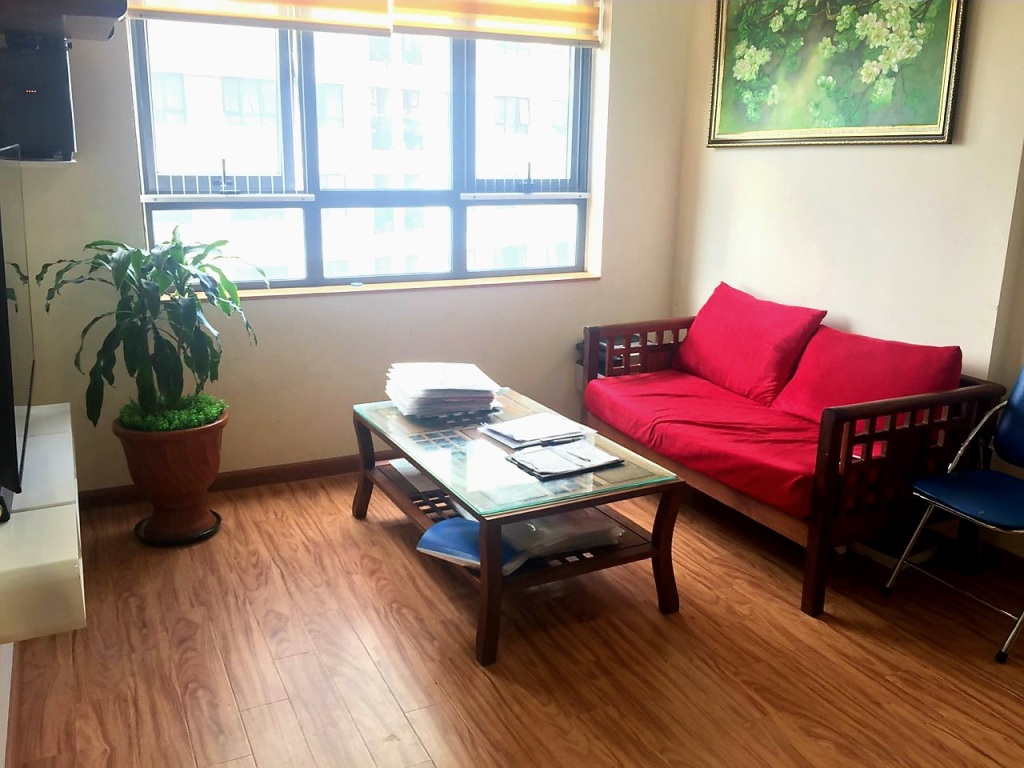Generation Z struggling with mental health: lonely, stressed, and depressed
While outsiders will count the privileges of technology advancement Gen Z members (1997-2012) are born with, Gen Z members themselves count the unmet expectations and imperceptible pressures that they have to bear. One can’t help but wonder: how does the world appear through the lenses of Gen Z people?
“Overarching everything is one thing: pain.”
Noted by Mr. Dang Hoang Giang in his book, Finding Ourselves In The Post-Childhood World. In the book, he also shared that so-called “late teenagers and early adults” knew maturity, self-reliance and responsibilities as well as they knew the loneliness inside the protective bubble of which their parents had worked so hard to encase them in. He further noted that while outsiders would find such unconditional and seemingly unending love desirable, insiders find it inescapable.
The reality
“You think it’s normal, I think it’s overloading.“
Recalled a 12-year-old girl battling depression and at-school stress. Burnt in the mind of a secondary school student are the haunting memories of homework, sleepless nights, headache and dizziness.

On the other side of the age range, T.V.L., a 4th year undergraduate, confessed that he was first met with a severe mental breakdown during a traumatic event he experienced not long before the start of 10th grade.
“My result was far lower than anyone had expected so naturally, everyone was disappointed.”
L. confessed during the time he was waiting to have his national high school graduation exam remarked, he was alone against the world. He accidentally heard a conversation between his grandfather and his mother in which the man he respected the most commented on him as “a careless, arrogant brat”. He remembered skipping meals, secluding himself from others, silencing his negative feelings with self-harm and sleeping away suicidal intentions.
The stories untold
“Traumas and as a result, mental problems, exist in all generations. That said, aside from the pressure from their families, Gen Z is the generation most susceptible to peer pressure brought about by the boom of social networks. How easy it is to look at a person of your age who is living a fruitful life and reflect upon your own dull life with a sigh.” – Psychologist Dang Van Nguyen noted.
“A generation seeking emotional refuge”
Dr. Dang Hoang Giang
K.L.T. (21, student) started to experience mental problems since grade 7. “At first, I felt really pessimistic and sad, then came hearing hallucination … all of which greatly affected my daily life”, T. said. A year later T. confessed to his parents but was dismissed as they thought those were signs of puberty.
Similarly, in the case of L., he also suffered in silence, refusing to share with any of his family members out of his fear of being judged and misunderstood. Only when his suicidal thoughts got too intrusive and lingering did L. seek professional help, alone.
“An unprecedented struggle”, commented Mr. Dang Van Nguyen, a psychologist, as he lent us a professional insight, stated that about 70% of suicidal cases due to depression were those of generation Z, much higher than those of previous generations such as Millennials and X.

Also according to Mr. Nguyen, mental problems tend to arise from childhood towards teenage years, “from 10, 12 or 15”. Such can be attributed to the emphasis on academic performance of Vietnamese parents. Children are urged to work extra hard, forced to take extra classes and are exhausted, deprived of understanding and care from their families.
Not many seeking professional help
“For many years, mental illness has been a topic towards which little to no attention has been paid. It is especially underestimated, neglected and ridiculed by Vietnamese parents. Due to that fact, patients tend to hide their problems and suffer alone.” – Mr. Nguyen Duc Giang, consultant of ULIS Up Center.
From Mr. Giang’s observation, students tend to shy away from sharing or seeking professional consultation when it comes to personal problems. He also added that teachers can only offer assistance in cases where symptoms manifest tangibly and noticeably.
To his remark, Mr. Giang said: “As I notice, students tend to turn to their friends, games or use social platforms anonymously as their coping mechanisms.”
Who can help?
Addressing our group’s question, both Mr. Nguyen and Mr. Giang emphasized that mental health in Vietnam has not been properly attended to and that the awareness of the society should be raised.
“The problem is of no one alone, rather a whole generation” – Mr. Nguyen continued – “Gen Z with mental problems should have the right treatment with a psychologist to untie their psychological disorder, thus rebalancing their emotions and stabilizing brain functions. We should help in ushering in such means.”

Mr. Giang mentioned parental responsibilities in supporting their children mentally, noting that: “Parents are the first protective layer of the child, parents should be the child’s companion to more or less bridge the generation gap caused by different sets of values.” The proper solution should be that, in Mr. Giang’s opinion, both parents and children should take a step back to listen and to learn to empathize. Also, parents should not impose their own beliefs on the child since each generation has its own set of values.
Commenting on the role of schools and universities in this matter, Mr. Giang said: “There should be a mental health consultation service in each university and its operation should be scalable on demand. The staff should also be well-qualified.” Concurring with Mr. Giang, Mr. Nguyen pushed to have mental health issues popularized to students, preferably around their time in secondary school.


Currently there are many consultation services for people who need to have their feelings heard and their problems shared, many of which are either free or pay-what-you-want so as to make mental health services more accessible to the masses.
If you are in Hanoi, we recommend you check out MindCare. They not only offer on-demand, professional consultation but they also host monthly, pay-what-you-want consultation events.
6% of the population of Ho Chi Minh City suffers from depression and people between 15-27 are the most vulnerable.
About 8% – 29% children and teenagers between the age of 10 and 19 in Vietnam suffers from mental health problems.
Only 20% of the 3 million young people struggling with mental health problems in Vietnam received medical support and clinical treatment.
In Vietnam, 26.3% of adolescents has suicidal thoughts, 6.3% intended to commit suicide and 5.8% attempted to commit suicide. See more at: https://www.unicef.org/vietnam/media/976/file/Study%20on%20mental%20health%20and%20psychosocial%20wellbeing%20of%20Children%20and%20Young%20people%20in%20Viet%20Nam.pdf

